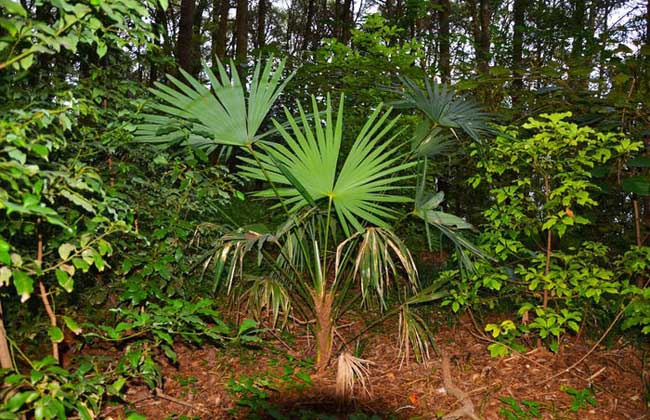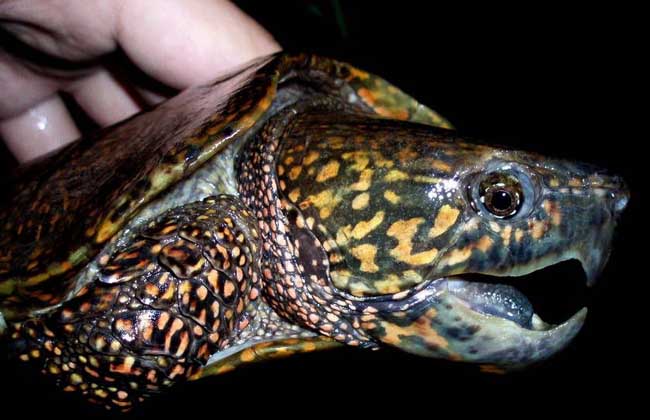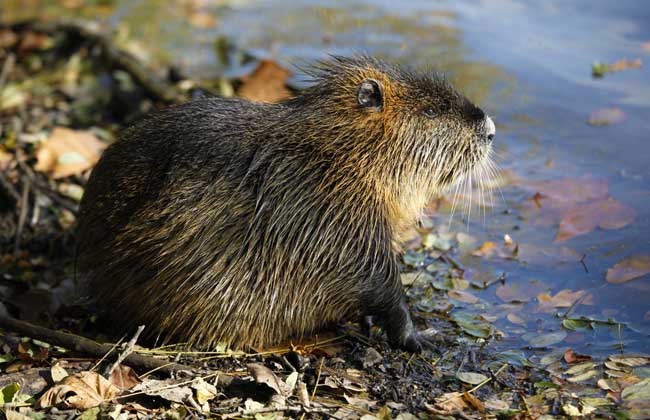How much is a palm tree?

Palm is one of the most hardy palms in the world, also known as Tang palm, spelling palm, palm tree, mountain palm, etc., it is an evergreen tree of Palm family Palm, up to 7 meters high, dry cylindrical, leaves nearly round, petiole on both sides with crenulate teeth, inflorescences stout, now cultivated all over the world, with high cultivation value, let's take a look at how much a palm tree is!
How much is a palm tree?
.stabs td {text-align:left;text-indent:0.5em} Variety height (m) Price (yuan) Palm trees 0.512 Palm trees 1.035 Palm trees 1.575 Palm trees 2.0100 Palm trees 2.5180 Palms 3.0260 Palms 3.5360 Palms 4.0500 Palms 4.5800
Note: Palm trees are widely cultivated in various parts of the south, mainly stripping their palm fibers for rope, coir raincoat, brown tension, carpet, brushes and filling materials for sofas, etc. the young leaves can be bleached to make fans and straw hats, and the unopened buds can be eaten. Palm bark and petiole (palm board) calcined charcoal can be used as medicine to stop bleeding. In addition, palm trees are graceful, and they are also excellent tree species for garden greening.
Cultivation value of Palm trees
1. Medicinal value: Palm bark and petiole (palm board) calcined charcoal can stop bleeding, and fruits, leaves, flowers and roots can also be used as medicine, which has the effect of convergence and hemostasis. Nosebleeds are not only blown into the bleeding nostrils with palm ash. Blood avalanche is not only stored with palm skin, but also served with three coins and light wine. Diarrhea with palm skin burning, research for the end, water to take a spoonful.
2, garden value: Palm tall and straight beautiful, a southern scenery, strong adaptability, can resist a variety of toxic gases. Brown bark has a wide range of uses and is in short supply, so it is not only an ideal tree species for garden production, but also an excellent tree species for factory greening. It can be planted in rows, clusters or in pieces, and potted or barrel plants are often used to decorate and decorate the venue in front of the building or interior.
3. Economic value: Brown leaf sheath fiber has strong tensile resistance, wear resistance and decay resistance, weaving coir raincoat, fishing net, twisting rope, brushing tools, carpet and mattress, etc. Old leaves can be processed into ropes. Tree trunks can be used as pavilions, sinks, fan bones, combs and so on. The tender scape is edible. Flowers, fruits and seeds are used as medicine. Seeds are rich in starch and protein, and they are good fodder after processing.
Planting techniques of Palm trees
1. Seed collection and storage: seeds are collected from 15-40-year-old trees, but the seeds of young and old trees are not suitable. The palm trees should be harvested when the seeds are fully mature and gray from November to December. After removing the twigs, the seeds are placed indoors, spread 12cm to 15cm thick and spread out for about 15 days before they can be sown. If you want to sow in spring, you should mix the seeds with wet sand, spread them in the spreading room, cover them with straw and store them with moisture.
2. Nursery soil preparation: the land for nursery should be close to water source, less susceptible to drought and waterlogging, and more fertile sandy loam or clay loam. In general, every 7 square meters of rotten human feces and urine, 20 kilograms of calcium superphosphate, ploughing, into a 1.4-meter-wide border, the whole border surface clods, you can sow.
3. Sow seeds at the right time: soak the seeds in ash water for 48,64 hours before sowing, wipe off the pericarp and the wax outside the seeds, wash and sow the seeds. Strip sowing, with a distance of 20cm to 25cm. After sowing, cover the seed with ash dung and fine and fertile soil mixed dung, not too thick, with a degree of 2 to 2.5 centimeters. Then cover it with a layer of rice (wheat) grass to prevent the soil from drying and hardening.
4. Seedling management: when more than 80% of seedlings emerge, remove the cover grass in the evening and spray the border surface with a spray can. The soil should be kept moist at the seedling stage and weeds should be pulled out in time. One month after emergence, water was watered with 2 kg of urea every 7 square meters. After 3 months and 4 months, the seedlings were pseudo-planted when they had 3 leaves.
5. Timely false planting: the pseudo-planting soil should be loose and fertile, with 80 tons of mixed manure per 667 square meters of rotten mature soil. The distance between the pseudo-planting plants is 15 cm × 13 cm. After planting, the plants should be watered every evening until they survive. A month later, he began to loosen the soil and fertilize. In the hot season, it is necessary to beat the straw among the seedlings for shade. The height of the seedling is about 60 cm, and it can be transplanted.
6. Land selection and transplanting: choose hillside slopes with moist and fertile soil and good drainage, especially free land such as field head, land edge, house side, stream bank, roadside and so on. Low-lying land, heavy clay, dead yellow mud, over-acid and alkali, shallow soil are not suitable for planting. In July and August of the year before transplanting, all the weeds and shrubs on the ground should be cut down, about 30 centimeters deep, and the weeds and shrubs should be buried in the soil. When transplanting, they should break the soil, pick up stones and tree roots, and dig holes for afforestation.
Related
- A course of planting techniques and methods on how to grow carrots
- How to plant the latest tulips?
- Is it better to pick tea in the morning or in the afternoon? When is the best time for tea to be picked? what is the third or fifth tea?
- Launch Yuanxiao Happy combination Haocha + Tea Yuan healthy Taste
- Penghu Tourism "Fireworks 20 Parade with You"
- 2022 West Lake Happiness holds "Digital Revitalization Voucher" and draws iphone13 and laptop.
- Banqiao Fuzhou social houses are designed to change start-up combined with police elimination to create a safe and livable environment
- The convenient measure of "mechanical weeding" in Xinbei has been abused and the Agriculture Bureau has imposed heavy penalties on the illegal land consolidation.
- Changgeng University Joins Hands with Four Memory Factories to Rescue Memory Talent Shortage
- The list of Taiwan's top 100 MVP managers is listed by the Director-General of the Farmers' Association of Sanxia District.



